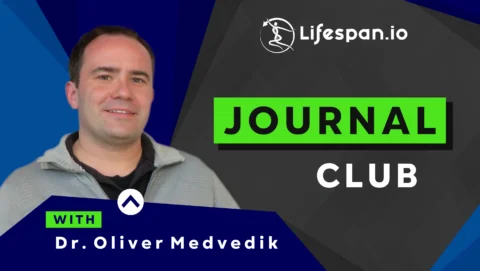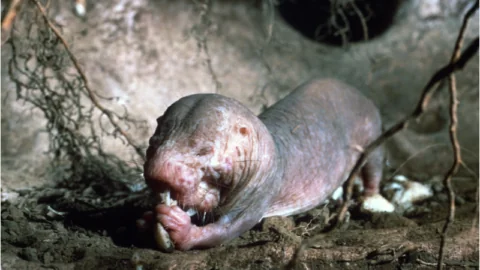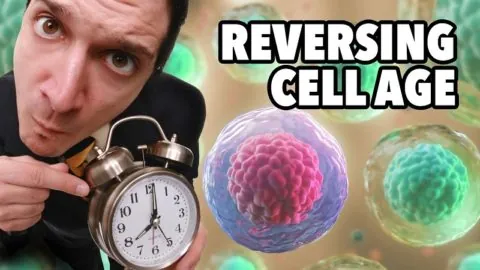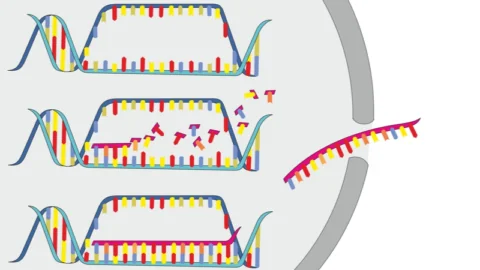November 26, 2023
A preprint study published on bioRxiv discusses how a species' maximum lifespan can be predicted by its epigenetics, showing that these differences are largely unaffected by interventions. Differences and similarities in mammals The researchers begin their paper with a note that bowhead whales live over a hundred times as long as shrews, even though these...
October 11, 2023
The Journal Club returns on Friday October 27th at 11:30 am Eastern time on the Lifespan.io Facebook page. We will be discussing the new paper from Conboy et al. which examines current DNA methylation clocks and their limitations in the context of aging. They also developed a "noise barometer" to measure the epigenetic impact of...
February 03, 2022
A research paper published in Nature by Dr. Vadim Gladyshev and his team has investigated the epigenetic aging of the naked mole rat, an animal whose mortality rate does not appear to increase with age. Why we Age: Epigenetic AlterationsEpigenetic alterations are age-related changes in gene expression that harm the fundamental functions of cells and...
December 30, 2021
At Ending Age-Related Diseases 2021, Jacob Kimmel of Calico Labs talked about epigenetic reprogramming, the Yamanaka factors, the dangers involved in restoring living cells to a pluripotent state, and a way forward with reprogramming that might not even involve the Yamanaka factors at all. Script I want to share a pretty short story with you...
December 13, 2021
Researchers publishing in Aging Cell have discovered how and why oleuropein (OLP), a polyphenol derived from olives, ameliorates epigenetic kidney aging. KidneyThe kidney's main function is to filter waste products out of the blood and deliver the resulting urine to the bladder. The functional unit of the kidney is called the nephron, and each kidney...
December 08, 2021
Transcriptomic results have been published regarding the Shamir Medical Center longitudinal study on hyperbaric oxygen therapy (HBOT), which was conducted between 2016 and 2020 on 35 healthy adults aged 64 and older [1]. Background Recently, we discussed misconceptions from the media on research developing on HBOT for age reversal. The researchers of this study have...






